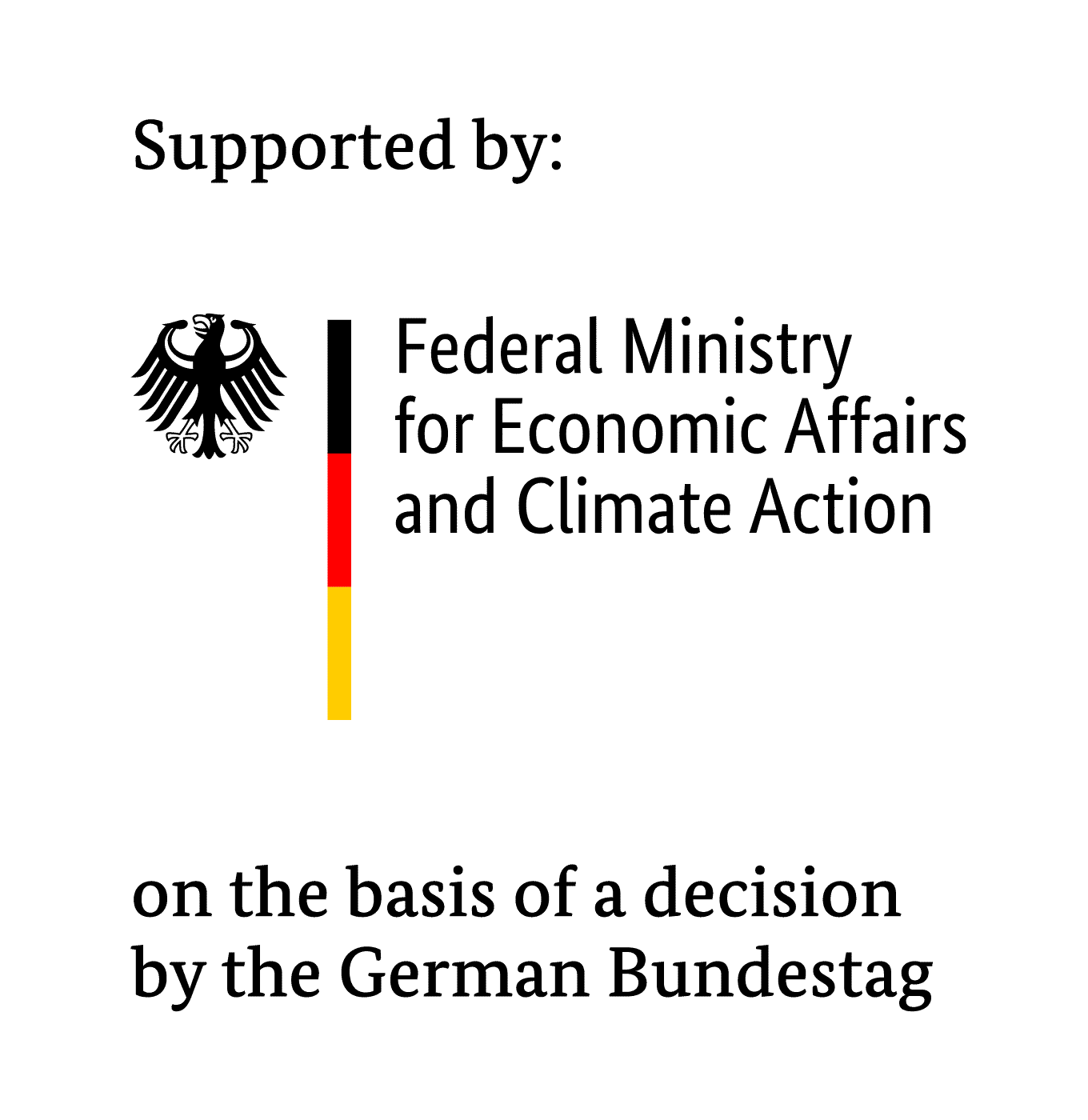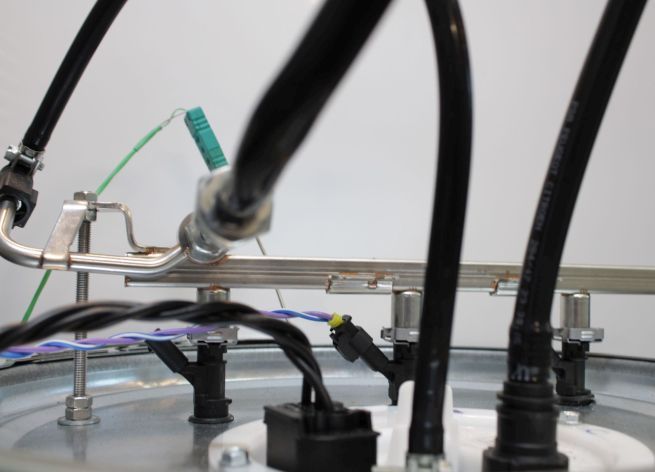Technical foundations laid for standardization
09 October 2023 – A research consortium has developed comprehensive technical foundations for the use of methanol fuel in Europe. The research project, called “Methanol Standard”, focused on studies relevant to the standardization of methanol as a fuel and delivered important findings. The consortium investigated the compatibility of methanol with existing technology and fuel standards and identified potential areas for further research and development activities. Methanol is a possible alternative fuel that has high CO2 reduction potential, provided it is produced from renewable energy sources such as solar and wind energy in combination with CO2 from closed carbon cycles via PtX processes.
However, the physicochemical properties of methanol fuel differ significantly in some cases from diesel and gasoline fuels, making it impossible to meet existing fuel standards. To ensure that methanol nevertheless has a chance of being launched into the market, work is underway in Germany on a DIN standard for methanol with the prospect that this will later also serve as the basis for a European methanol standard. The aim of this standard is to ensure the operational safety of the application technology and to improve the quality of the methanol.
National standards for the use of 85% and 100% methanol as fuel have been in place in China since 2009, successfully enabling the large-scale use of methanol in road transport.
Lower pollutant emissions through methanol fuel
The research focused on the properties of pure methanol fuel (M100) and methanol blends of 15% to mineral oil-based fuel (M15) compared to an EU6 reference fuel. The research partners, including TEC4FUELS GmbH and OWI Science for Fuels gGmbH, took a close look at various aspects, such as the optimization of gasoline engine combustion concepts and questions of material compatibility, additivation and storage stability. In addition, issues relating to methanol production, toxicity and flame visibility were investigated to ensure the safety of the fuel. Furthermore, an M15 blend in a production engine was investigated as a way to decarbonize road transportation.
Methanol fuel can be used directly or blended with mineral oil-based fuels to form so-called “blends. These fuel blends can be used as drop-in fuels in conventional or modified combustion engines. This makes it possible to use the technical fundamentals of already established internal combustion engines and at the same time gradually substitute fossil fuels. In addition, the exhaust gases from methanol combustion are virtually free of soot emissions and sulfur oxides compared with gasoline or diesel, and continue to contain a significantly lower proportion of environmentally harmful nitrogen oxides.
High engine efficiency
Although conventional fossil liquid hydrocarbons have twice the volumetric energy density of methanol, methanol engines can use larger compression ratios due to its higher octane number of 109 and therefore generally achieve better efficiency. As a result, a lower range of a tank filling with methanol, corresponding to the energy content, can be partially compensated for.
Among other things, the results of the research showed that methanol fuel is partially compatible with existing technology and meets certain requirements. Tec4Fuels’ hardware-in-the-loop tests showed that diesel engine common-rail systems and high-pressure pumps functioned only to a limited extent with methanol and failed in some cases. The increased tendency of metals such as aluminum and copper to corrode when in contact with methanol and the reduced lubricity of methanol are two aspects for which the project, with the cooperation of OWI, investigated different additives. Only an additive not yet commercially available for blending into fuel was able to prevent corrosion and improve lubricity at low methanol concentrations in gasoline (M15). Compatibility remains a challenge for additive and material development, both for metals and plastics (e.g., gaskets, tank construction materials). This also applies to filling station technology, whose tanks, pumps, lines and nozzles must be methanol-compatible. Despite the technical challenges that still exist, the researchers see methanol as a promising option for the transportation sector.
The research project “Investigation of the technical basis for the standardization of methanol fuels in Europe” was funded by the German Federal Ministry of Economics and Climate Protection under the grant number 19I20005A-I.







